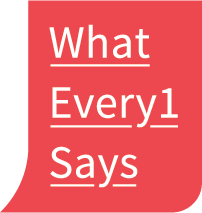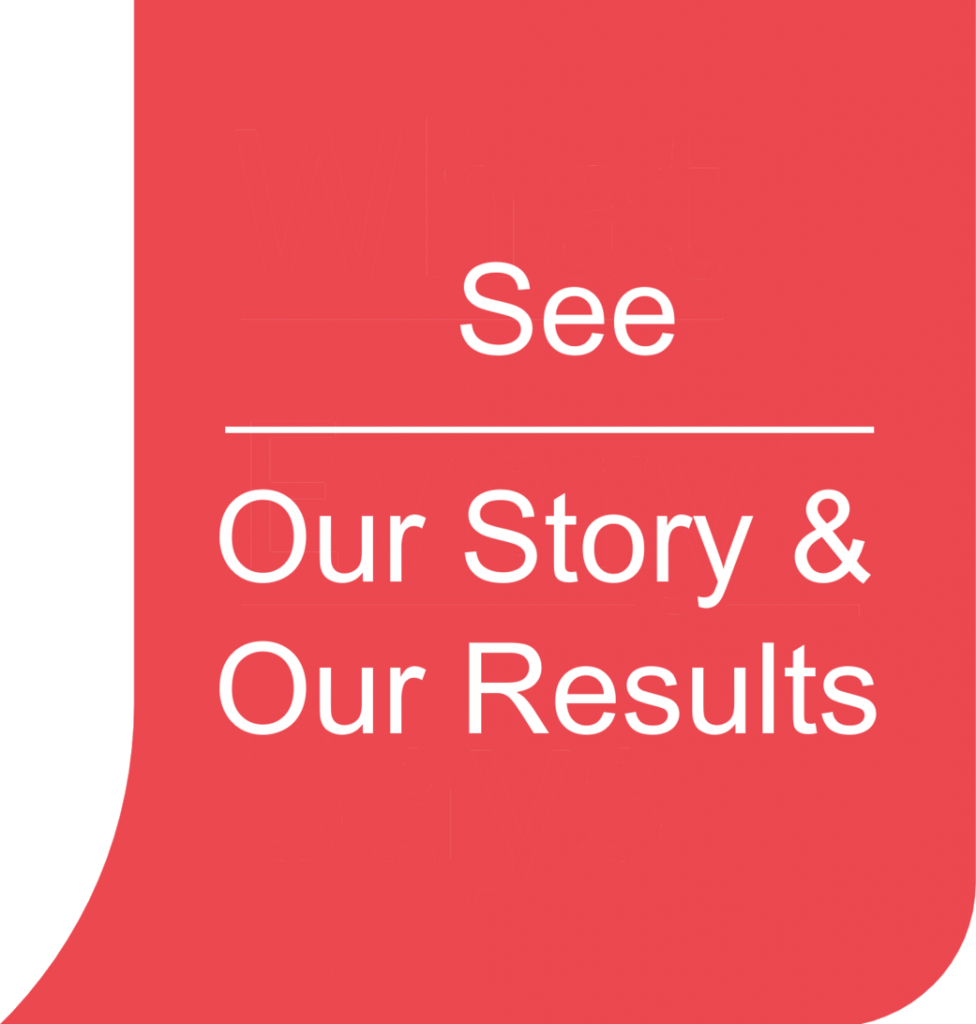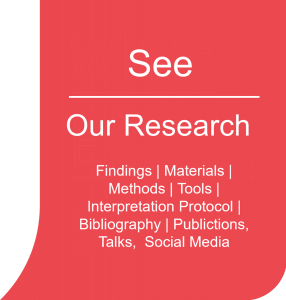Our hypothesis is that digital methods can help us learn new things about how the humanities have been portrayed in public discourse. For example, are there sub-themes beneath the familiar dominant clichés and memes? Are there hidden connections or mismatches between the “frames” (premises, metaphors, and narratives) of those arguing for and against the humanities? Where do the humanities fit among other topics in public discussion? How do different sources (for example, mainstream versus student newspapers) or different parts of the nation or world compare in the way they talk about the humanities? And in what way—if to any significant degree at all—does the media position racial, ethnic, gender, first-generation student and other social groups in relation to the humanities?
Instead of concentrating on set debates and well-worn arguments, can we exploit new ideas or surprising commonalities to better grasp the role of the humanities in the 21st century?
Our outputs include key findings and recommendations (posted in brief “card” format) alongside longer reports, blog posts, and other materials.
We also make our data and tools available for others to use—both for the general purpose of promoting open, replicable research methods and for the specific purpose of inviting others to extend our mission of understanding how the world (including other nations) talks about and, in that talking, constructs an understanding of the humanities.
Our ultimate goal is to provide advocates for the humanities with research-based materials and strategies for effective communication about the value of humanistic study and knowledge in today’s world—with evidence, arguments, narratives, and scenarios that advance, rather than simply react to, public conversation.
For more information on the project, read “Our Story & Our Results” and our original Andrew W. Mellon Foundation Prospectus.
Project History
4Humanities.org, the parent organization of WE1S, began in 2010 as an initiative backed by the international community of digital humanities scholars and educators to advocate for the humanities. (See 4Humanities “Mission.”.)
WE1S started at the home branch of 4Humanities at the University of California, Santa Barbara, in 2013. From 2013 to 2017 we operated as a small pilot project supported by UCSB faculty research grants. In this phase, we focused on developing our research questions and goals, research methods, and technical methods based on data from a limited set of English-language newspapers and other journalistic sources. Our pilot project also gathered a small “random” sample of articles from its sources.
A $1.1 million grant from The Andrew W. Mellon Foundation for 2017-2021 allowed us to expand the scale of our work rapidly. Funded by the Foundation through what was then its Scholarly Communications arm (renamed in 2020 Public Knowledge), our researchers at three partner institutions—UCSB, California State U., Northridge, and U. Miami—collected and analyzed approximately one-and-a-half million English-language media articles and related documents mentioning the “humanities” (and for some research purposes also the “liberal arts,” “the arts,” and “sciences”) from 1,011 U.S. and 338 international news and other sources, mostly after 2000 when news media began producing digital texts en masse. We also harvested about 2.25 million social media posts mentioning the “humanities” and related terms—1.5 million from Twitter and 750,000 from Reddit.
By 2020, we began to post findings and recommendations based on its research. In 2021 (our grant was extended into this year due to COVID-19), we made our data and software tools available openly to scholars and the public.





